
About Us
We are a suicide prevention alliance of individuals and organisations from the public, private, voluntary and charity sectors. United in our vision, we work to ensure that fewer lives are lost to suicide and that anyone affected receives the best possible support.
Who we are
Our Vision
Our vision is that fewer lives are lost to suicide and that anyone affected by suicide receives the best possible support.
Our Mission
Our mission is to get all parts of society working together to reduce suicide and improve the support for people affected.
The difference we aim to make
We aim to work together with our network of organisations and individuals to bring about the following outcomes:
- Reducing stigma: We want all parts of society talking about suicide and taking action to maintain good mental health. We want it to be as normal as talking about and maintaining physical health.
- Encouraging help-seeking: We want more people who are experiencing emotional distress to seek help before they become suicidal.
- Providing the appropriate support: We want to ensure that when people in emotional distress seek help, they receive appropriate support from the people or organisations they approach and that they are offered appropriate options.
- Reducing access to means: We want it to be harder for people experiencing severe emotional distress to have access to the means to take their own life.
- Reducing the impact of suicide: We want to ensure that people affected by suicide get the support they need to cope with the impact on their life.
- Improving data & evidence: We want there to be better official data about suicide in England and more evidence about effective suicide prevention. Those working in suicide prevention should find it easier to obtain this data and evidence.
- Working together: We want organisations with an interest in suicide prevention to collaborate and learn from each other to make a bigger difference.
How we work
We believe that everyone has a role to play in reducing suicide and supporting those affected by suicide. We do this by bringing together organisations from across the public, private, and voluntary and community sectors that are willing to take action.
As a membership organisation, we facilitate the development and sharing of good practice, as well as encourage the collaboration and joint working of members in order to affect real change in this area. View our approach to involving and working with alliance members.
You can read more about the NSPA’s priorities for 2019-21 in our Strategic Framework which has been developed in consultation with the NSPA Steering Group and incorporates input from the wider membership.
Governance
The NSPA is governed by a Steering Group, led by two Co-Chairs and operates according to agreed Terms of Reference.
As a cross-sector alliance with a wide variety of member organisations, it is essential that the NSPA and the work it undertakes represents the views and collective values of its membership.
Our people
Secretariat
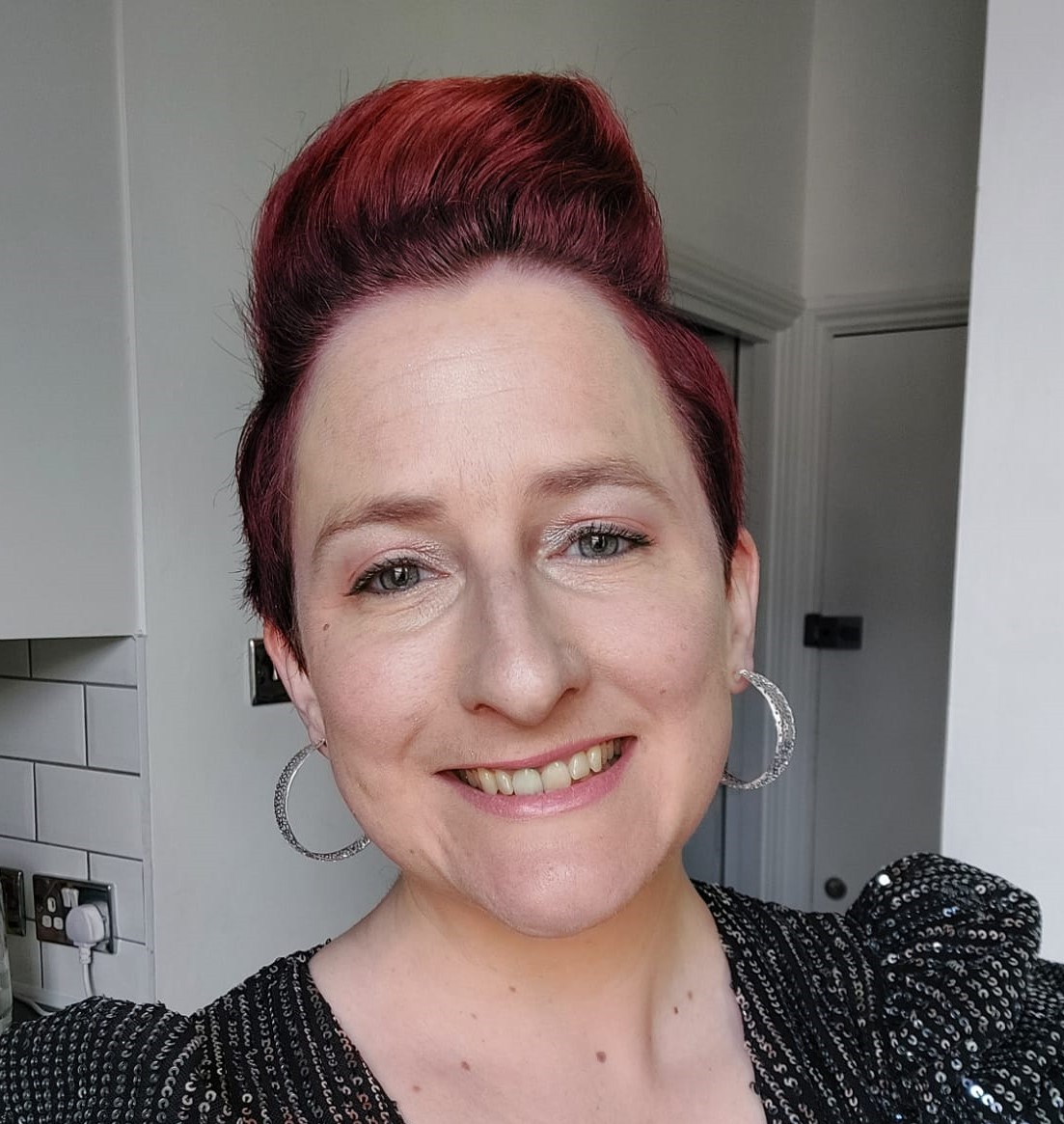
Rosie Ellis
Rosie Ellis is Executive Lead of the National Suicide Prevention Alliance (NSPA). With over 15 years of experience working across mental health and suicide prevention, in the VCSE, public and private sectors, Rosie returned to the NSPA in May 2023, having previously helped establish it between 2013 and 2017. Her background in suicide prevention includes set up of a suicide bereavement support service in partnership between Samaritans and Cruse Bereavement Care in London, and advising on the DHSC-funded national roll of the partnership as Facing the Future. Rosie also oversaw development of England’s first local suicide prevention planning guidance practice resource for local authorities, commissioned by Public Health England and the regional suicide prevention events supporting implementation and sharing of good practice across England. Previous roles include Programme Manager of a student mental health change programme at UCL, Project Manager supporting the set up and launch of the UK Trauma Council at the Anna Freud Centre and Head of Operations at the OPERA Global Youth Foundation, tackling youth unemployment.

Jess Worner
Jess is passionate about amplifying the voice(s) of people with lived experience of suicide to influence suicide prevention services and strategy. She has spent the past 14 years working in the social care and voluntary sector, and has her own personal experience of living with suicidal thoughts, self harm and of using mental health services.
Prior to joining the NSPA, Jess spent 7 years working for national mental health charity, Together for Mental Wellbeing, in various roles, including Peer Support Practice Manager and Lived Experience Leadership Manager.
Her time at Together included developing organisational approaches to service user leadership and peer support, and overseeing the development of 18 local peer support services across community, residential and criminal justice settings. She has developed and run numerous lived experience-led training programmes and has collaborated across the voluntary sector and the NHS to promote good practice in lived experience involvement, leadership and peer support.

Mhairi Grant
Mhairi joined the NSPA in June 2024 from the Campaign to End Loneliness where she was Head of Content and Engagement and ran an online loneliness community on behalf of the DCMS. Her background is in content, communications, and digital engagement across the not-for-profit and arts sectors, and she has expertise in user research and UX writing.
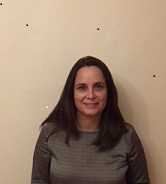
Juliette Worrall
Juliette has worked in the charity sector for the past 15 years in a variety of fundraising and marketing roles, most recently at Shooting Star Chase as Supporter Care Manager, where she was responsible for setting up a new team, building supporter relationships and navigating new fundraising regulation. She has also worked at Suzy Lamplugh Trust, VSO and Age UK.
Steering Group

Jacqui Morrissey (NSPA Co-Chair)
Jacqui is Co-Chair of the National Suicide Prevention Alliance (NSPA) and is Assistant Director of Influencing at Samaritans. Jacqui joined Samaritans in 2014, and has worked in the voluntary sector for over twenty-five years in the UK and overseas with organisations including WaterAid and Age UK. Jacqui is responsible for Samaritans’ policy and influencing work, including its media advisory service, online excellence programme and work with different sectors as well as its policy, parliamentary and campaigning work. She has worked to support the development of the NSPA, which is hosted by Samaritans, helping it grow from a handful of members to over 1,700 members, which it has today.
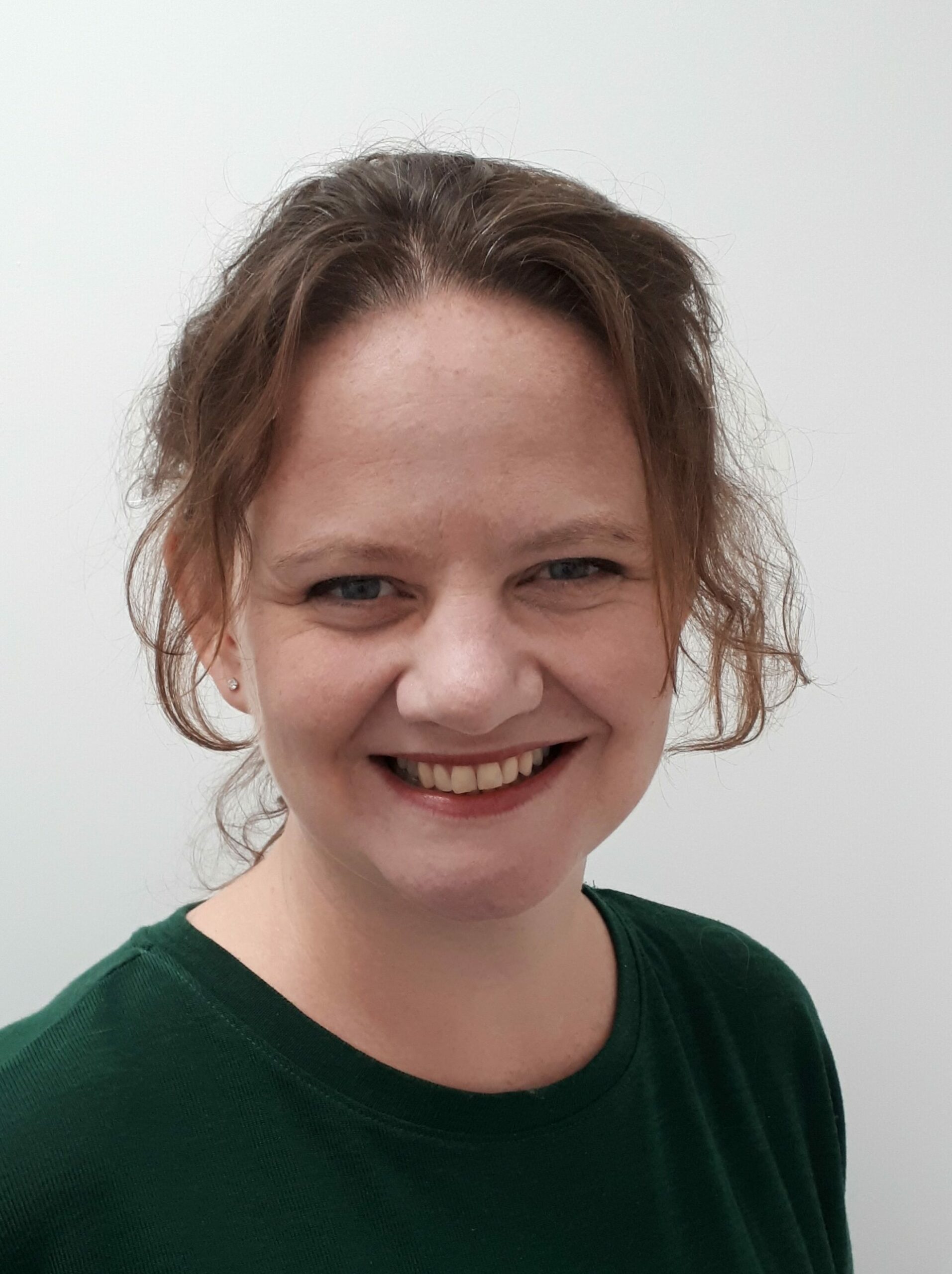
Ellen O’Donoghue (NSPA Co-Chair)
Ellen is CEO of the suicide prevention charity James’ Place, which offers a clinical intervention to men in suicidal crisis. This follows her work as Head of Programmes at the Royal Foundation. Ellen was previously Director of Health Promotion Programmes at the Movember Foundation, leading on global programmes to improve men’s health. Prior to that she headed up the strategy and planning team for Public Health England’s world-leading behaviour change campaigns. She launched the strategic communications agency The Ladder Consultancy and set up and led the social marketing team at Forster Communications, working with clients including the British Heart Foundation, Cancer Research UK and the King’s Fund. Ellen has been a governor of three schools, and a Trustee of a children’s heart charity and a drugs and alcohol charity. She recently completed her term as a member of the Mayor of London’s Child Obesity Taskforce.

Simon Blake (SASP Chair)
Simon Blake is Chair of Support After Suicide Partnership (SASP) and CEO of Stonewall. Simon became CEO of Stonewall in 2024. Prior to that, he was Chief Executive of MHFA England, leading the organisation to achieve its vision of normalising society’s attitudes and behaviours around mental health, through training one in ten of the population in mental health skills and awareness. As well as Chairing SASP he Chairs the Dying Matters Campaign based at Hospices UK and the Headspace International Advisory Board. He is also a Companion of the Chartered Management Institute. He is a writer, campaigner and trainer. He was awarded an OBE for services to the voluntary sector and young people in 2011. He enjoys running, equestrian events and his dog.
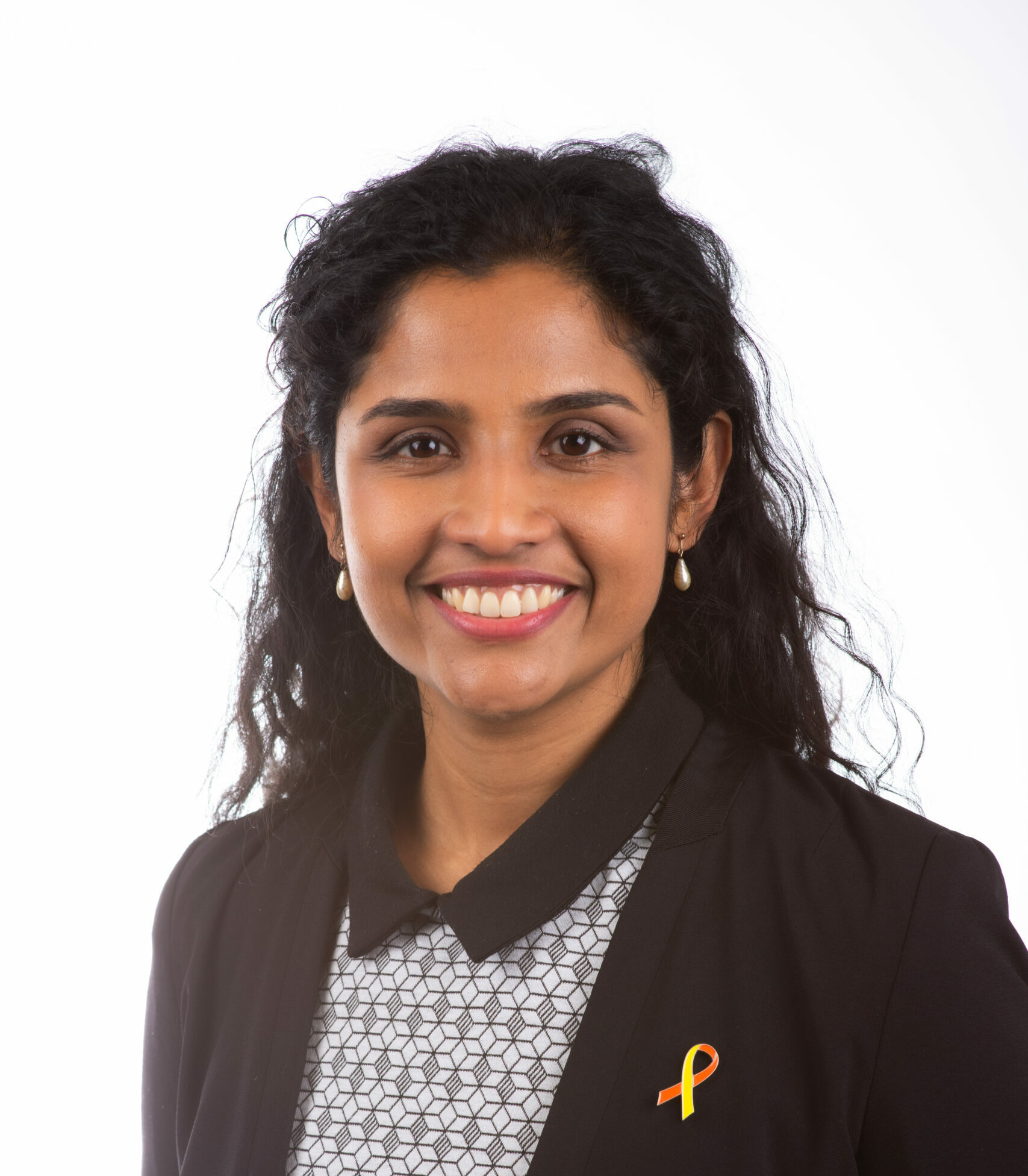
Dr Duleeka Knipe
Dr Duleeka Knipe is an epidemiologist at the University of Bristol and co-leads the Bristol Suicide and Self-Harm group. She has a particular interest in investigating what contributes to suicide and self-harm risk in typically overlooked populations -– this includes individuals living in low- and middle-income countries as well as individuals from ethnic minority backgrounds and victims of domestic violence. In recognition of her work in suicide prevention, she was awarded the prestigious International Association of Suicide Prevention Andrej Marusic Award (2017) and De Leo Fund award (2019).
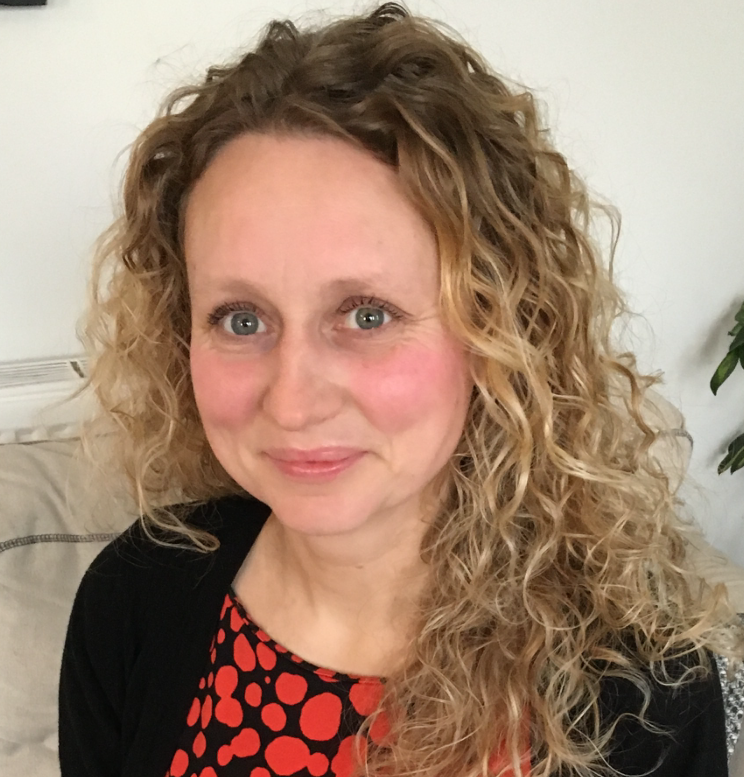
Rachael Swann
Rachael started her career as a solicitor before moving into senior leadership and non-executive roles in the Higher Education, charity and housing sectors and is now the Chief Executive of Grassroots Suicide Prevention. GSP’s vision is A future where more lives are saved from suicide that empowers people to help saves lives from suicide through connecting, educating, and campaigning nationally.
Rachael has specialised in providing VCSE services to a range of diverse communities including; homelessness, young carers and carers supporting those with a learning disability, autism, parent carers, life limiting illness, mental health issues and drugs and alcohol misuse.
Rachael’s experience has included leading organisations through periods of change, new ventures in the UK and overseas, external quality assessment, restructures, and major IT projects. Rachael is also the VCSE representative on Mental Health for Brighton & Hove and the VCSE representative on Health and Wellbeing for Adur and Worthing and a Trustee of Crossroads Care in Brighton & Hove, a leading provider of support for carers; helping carers to make a life of their own outside caring.
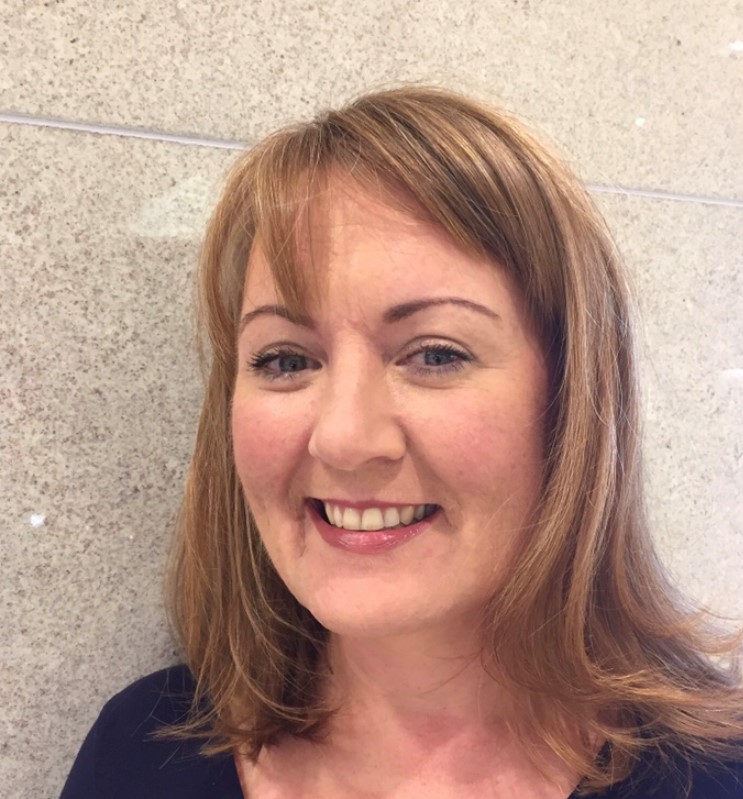
Adele Owen QPM
Adele is the Greater Manchester Suicide Prevention & Bereavement Support Programme Manager taking forward the city region’s suicide prevention strategy. This includes leading on the award winning Shining a Light on Suicide Campaign, Real Time Surveillance and over-seeing the Greater Manchester Bereavement Service. Adele also coordinates the Greater Manchester Suicide Prevention Multi-Agency Steering Group which includes a variety of agencies, charities and individuals affected by suicide.
Prior to this role Adele was a serving police officer and Force Mental Health Lead for Greater Manchester Police, receiving the Queen’s Police Medal for distinguished service in 2018.
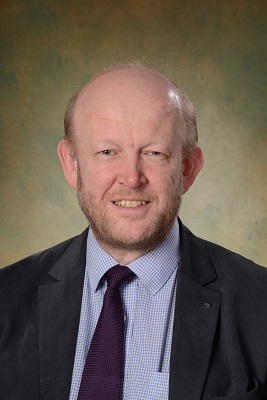
Evan Grant
Evan is Co-founder and Chair of Cameron Grant Memorial Trust, a mental health awareness and suicide prevention charity established in memory of his son Cameron who took his own life at the age of 21. When Cameron died nobody knew he was ill yet, in a letter he left, he described suffering from symptoms of depression for over 7 years. Because Cameron chose to suffer in silence, Cameron Grant Memorial Trust works to encourage all in mental distress, and especially young people, to speak up and ask for help.
In early 2021 Evan retired from IBM after a 35-year career in sales, marketing, operations and programme management. Evan is a Mental Health First Aid instructor and has delivered training in IBM and other organisations.
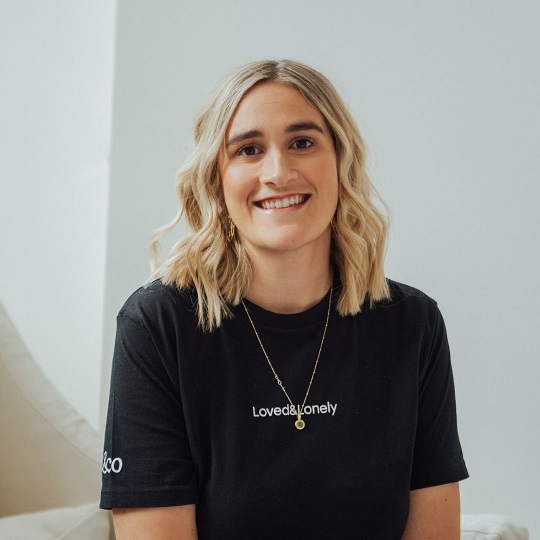
Amelia Wrighton
Amelia is the CEO and Co-Founder of Suicide&Co, a charity set up in July 2020 to support those bereaved by suicide through their national counselling service and listening helpline. Amelia’s background is in the corporate world working in media, marketing and new business, but her passion now lies within mental health and the charity sector! Through working at Suicide&Co Amelia is integrated into suicide prevention sector and is thrilled to be part of the NSPA steering group and excited to contribute to the fantastic work with NSPA does.
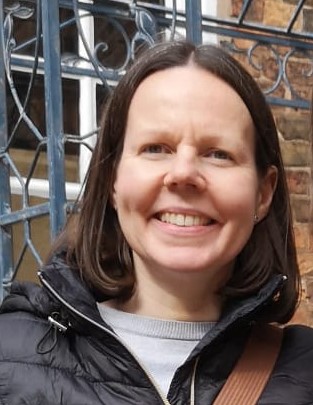
Emma Williams
Emma is an NSPA Lived Experience Influencer with personal experiences of suicidal thoughts and behaviours, and of living with poor mental health since childhood.
Previously a practicing Chartered Civil Engineer, Emma now devotes her professional life to mental health anti-stigma work having experienced first-hand the positive difference that breaking the silence around the subject of mental illness can have, including suicide prevention.
Whether someone is experiencing mental illness or not, suicidal thoughts and behaviours can potentially affect us all, and stigma is a huge barrier to suicide prevention. Emma believes that by opening up the conversation about suicide prevention in a safe and purposeful way, together we can reduce the devastating impact of suicide on all our lives.

Dennis Baldwin
Dennis Baldwin is the ‘Reach Out; Start to End Suicide’ Project Manager at ‘’Start’. ‘Start’ is a therapeutic creative arts and horticulture service in Salford.
Dennis has over 16 years’ project management and delivery experience within the third sector, within both primary and secondary health service settings. He is now leading the multiple award winning ‘Reach Out; Start to End Suicide’ campaign which commemorates those lost through suicide, builds resilience within our community, ends stigma and save lives being lost to suicide.
Dennis is a survivor of multiple suicide attempts and lives with anxiety and depression.

Verity Mallion
The Department of Health and Social Care leads the cross government work on the national suicide prevention strategy. The Department acts as secretariat to the National Suicide Prevention Strategy Advisory Group, and funds the National Suicide Prevention Alliance.
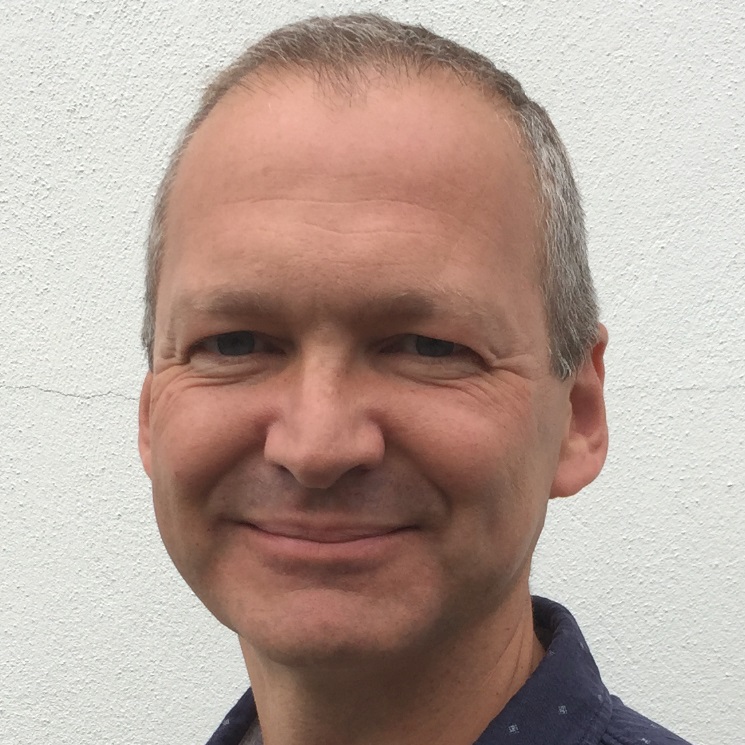
Tim Woodhouse
Tim is the Kent and Medway STP Suicide Prevention Programme Manager (based in Kent County Council’s Public Health team). For the last five years he has coordinated the Kent and Medway Suicide Prevention Multi-Agency Steering Group which includes a variety of agencies, charities and individuals affected by suicide.
With his team, Tim designed and implemented the innovative Release the Pressure campaign, which aims to reduce the number of suicides in Kent by encouraging anyone who is feeling under pressure to phone a free-phone helpline (with trained staff available 24 hours a day 7 days a week). www.releasethepressure.uk